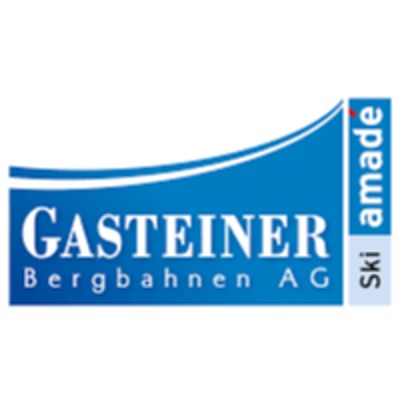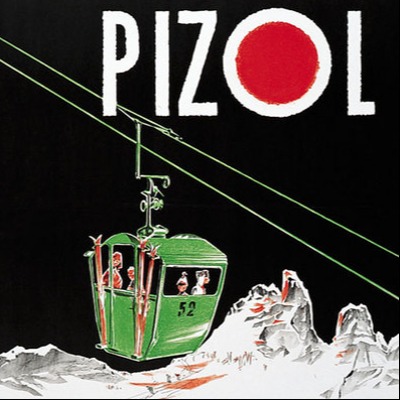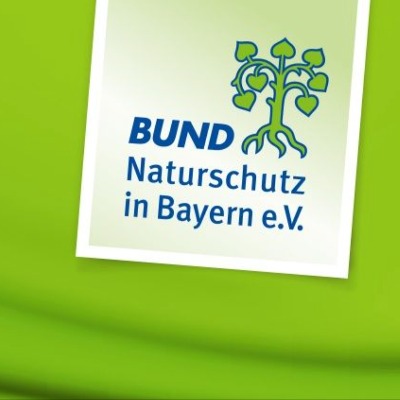The Jungfrau Lifts Group Returns To Profitability

In an ad hoc announcement pursuant to Article 53 of the Listing Rules, Jungfraubahn Holding AG announced that the Jungfraubahn Group can look back on a successful first semester. After significant losses were recorded in 2020 and 2021 due to the pandemic, the Jungfrau Railway Group reported a profit of CHF 15.3 million in the first half of 2022. With favorable weather conditions, all segments contributed to this pleasing development. After two years of the pandemic, there is a noticeable need for the guests to catch up: In winter sports, the best season so far, 2007/2008, was equalized. The adventure mountains approached the pre-crisis level and the number of visitors to the Jungfraujoch - Top of Europe increased by almost 50% compared to the previous year, but is still 57% below that of 2019. The recovery of the international group travel markets, especially in Asia, is progressing sluggishly due to the complex uncertainty surrounding travel restrictions and flight capacities. The Jungfrau Railway Group is cautiously optimistic for the second half of the year and expects a further, gradual normalization.
During the crisis, the company learned to react quickly and consistently to changing circumstances. This adaptability makes it possible to respond to the rapidly changing demand in the various segments with an optimized use of resources and to take advantage of opportunities that arise.
Increasing frequencies at the Jungfraujoch - Top of Europe
The number of visitors to the Jungfraujoch – Top of Europe developed positively in the first half of the year. The main reasons for this were on the one hand the V-Bahn and the strong customer orientation, on the other hand the mostly good weather and the end of the corona restrictions. From January to March, it was mainly Swiss people who visited the Jungfraujoch. With the end of the last corona measures, the number of visits from international guests increased from April. A total of 204,600 guests traveled to the Jungfraujoch – Top of Europe. This corresponds to an increase of 48.9% compared to the previous year. Nevertheless, the number of visitors is 57% below that of 2019, as tourists from Asian countries still have corona restrictions at home, which restrict travel or even make it impossible. In addition, there is a lack of flight connections and there are bottlenecks in issuing visas. As a result, group trips are still largely absent.
The net traffic revenue in the Jungfraujoch – Top of Europe segment was CHF 26.6 million, which corresponds to a disproportionate increase of 83.1%. The mix of guests with a higher proportion of foreign individual travelers and the promotions, which were used significantly less than in the previous year, contributed to this in particular.
More guests on the adventure mountains – record in winter season equalized
The Jungfrau Railway Group recorded a net transport income of CHF 8.8 million for the adventure mountains, which corresponds to an increase of 129%. With the exception of the Lauterbrunnen-Mürren mountain railway, the number of guests at the adventure mountains again reached the pre-pandemic values of 2019. The Harderbahn achieved an increase of 145.4% in the first half of 2022 with 194,000 ascents and descents (compared to 79,000 ascents and descents in the same period of 2021). At the Firstbahn there were 150,000 guests in the first half of the year (down from the valley), which corresponds to an increase of 128.9% compared to the same period in 2021 (65,500 guests in 2021). The Lauterbrunnen-Mürren mountain railway (BLM) had 108,500 visitors, 129.0% more guests than in the same period in 2021 (valley from 47,400 guests).
In the 2022 reporting period, 1,057,500 skier visits (first-time visitors) were recorded. That is 49.8% more than in the same period in 2021. Based on the entire 2021/2022 winter season, 1,249,760 skier visits were able to practically equal the record of the 2007/2008 winter season with 1,251,000 skier visits. There is a reason for the high frequency: the realization of the V-Cableway brought the Jungfrau Ski Region back into the "Champions League" in winter sports.
Thus, in the second winter season with the V-Bahn, it has been confirmed that the new Eiger Express and Mannlichenbahn lifts mean a considerable increase in attractiveness for winter sports in the Jungfrau Ski Region. The Jungfrau Railway Group's share of net transport income from winter sports increased by CHF 11.1 million or 67.6% to a new record of CHF 27.5 million in the reporting period.
Important projects to improve access to car-free locations
Thanks to ongoing projects, the car-free towns of Wengen and Mürren will be able to count on even better public transport connections in the future. Work on the complete renewal of the Grütschalp-Mürren adhesion railway is on track. The conversion of Mürren train station is currently in full swing. The station will be adapted to today's requirements for obstacle-free access to the train and step-free entry into the train. The renovated Mürren station is scheduled to go into operation in November. Another intensive construction phase for the track renewal will take place in October. The overall project includes an investment sum of CHF 63 million, which is secured by the Canton of Bern.
Like the new rolling stock of the Mürrenbahn, the Wengen Shuttle will also start operating when the timetable changes in December 2023. The three new locomotives can already be seen on the Wengernalpbahn (WAB) route network during so-called commissioning runs. The Wengen Shuttle will expand the range of public transport between Lauterbrunnen and Wengen and offer those arriving in Wengen more space for their luggage and other items. In this way, Jungfraubahn Holding AG increases the attractiveness of the already very good public transport connection.
In winter sports, the use of public transport has become much more attractive thanks to the V-Bahn with an average time gain of 47 minutes from Interlaken Ost to the ski slopes. From the coming 2022/2023 winter season, travel from Interlaken Ost with the Bernese Oberland Railway (BOB) will also be included in all winter sports passes.
sustainability
The promotion of rail instead of road is an essential part of the sustainability strategy of the Jungfrau Railway Group. The aim is an integrated sustainability management with a view to the seven central Sustainable Development Goals (SDGs) for the company. At the same time, reporting in accordance with the Global Reporting Initiative (GRI) standards is being expanded. In the first half of 2022, the measures in connection with the seven selected SDGs were refined and specified in workshops and anchored in all business areas. The first steps have been taken to map the company's carbon footprint. The latter is also happening in connection with the University of Bern's "CO2-neutral tourism region Oberland Ost" project. In addition, ISO certification 14001 in environmental management will take place as early as 2023.
outlook
The trend of the first half of 2022 continued in the high season months of July and August. The course of business in the second half of 2022 will continue to be shaped by global uncertainties that the company cannot influence: the development of the corona situation, the war in Ukraine, the general global economic, price and currency development as well as bottlenecks the intercontinental flight connections and visa issuance in certain Asian countries.
Despite the pleasing first half of the year, 2022 is and will remain a year of transition with many unknowns. For the 2023 financial year, the Jungfrau Railway Group hopes to take another step back towards pre-pandemic results. This requires a further normalization of the international travel markets - especially for group travel.
Link to the half-year report 2022 >>>>













